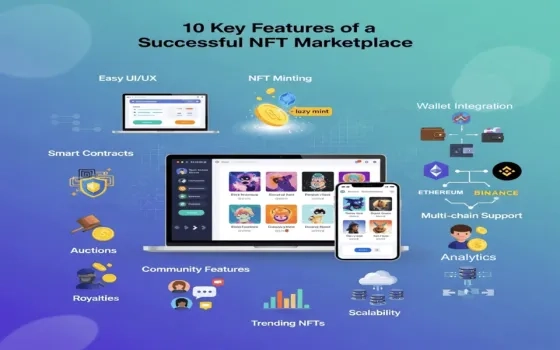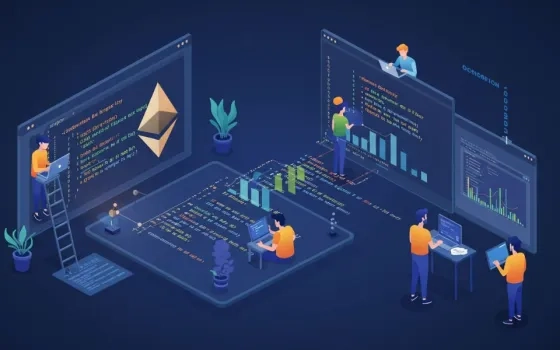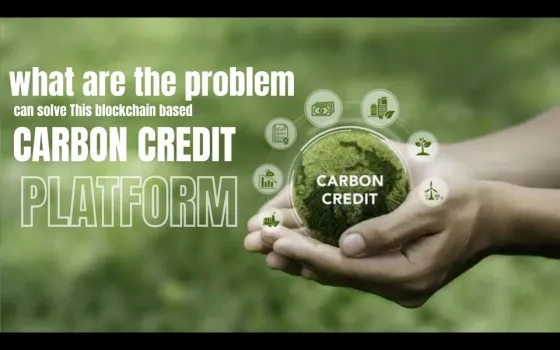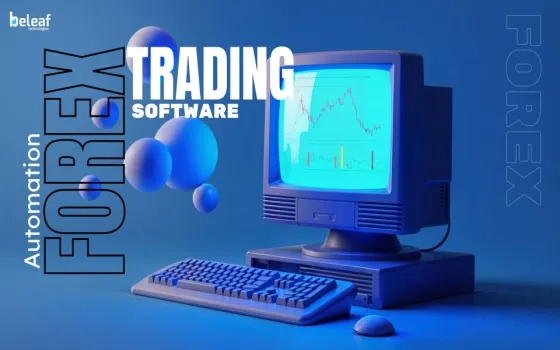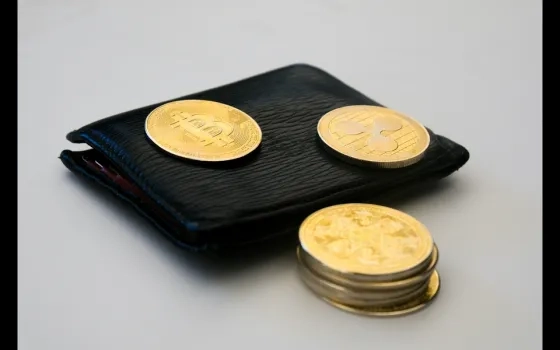In the early days of blockchain, raising funds for new projects often meant building an entirely new blockchain from scratch, a complex, time-consuming, and expensive process. The emergence of the Ethereum network and its ERC20 standard transformed this landscape entirely. By offering a clear, reusable framework for creating fungible tokens, ERC20 enabled startups to launch their own tokens quickly, reliably, and cost-effectively. This democratized access to global funding, allowing innovators to reach a worldwide investor base without relying on traditional venture capital. Today, ERC20 tokens have become the backbone of ICOs, powering decentralized finance, gaming, and enterprise blockchain solutions across the globe.
The ERC20 Standard Explained
ERC20 is a widely adopted technical standard for creating tokens on the Ethereum blockchain, designed to ensure compatibility and ease of use. The standard defines a set of rules that every token must follow, including how tokens are transferred, how balances are maintained, and how external contracts can interact with them. By adhering to this standard, developers can ensure that their tokens work seamlessly with wallets, exchanges, and other decentralized applications. ERC20 has become synonymous with trust, reliability, and predictability, making it the preferred choice for developers and investors alike who want a token that integrates effortlessly into Ethereum’s ecosystem.
-
A Clear Rulebook for Token Behavior
ERC20 defines how tokens are transferred, how balances are tracked, and how tokens can be approved for use by other smart contracts. This predictability makes it easy for developers to create tokens that “just work” across multiple platforms.
-
Compatibility with the Ethereum Ecosystem
Because all ERC20 tokens share the same standard, they can be used with popular wallets, DeFi protocols, and decentralized applications without custom integration work.
-
Reliable and Well-Tested Technology
The ERC20 specification has been around since 2015, and its widespread adoption means the underlying code patterns have been stress-tested by thousands of projects and millions of transactions.
-
Transparency in Token Supply and Movement
ERC20 includes features for defining a total supply and logging all transfers, giving investors visibility into the project’s token economy.
The Role of ERC20 Token Development in ICO Success
Launching a successful ICO requires speed, trust, and technical reliability. ERC20 token development addresses all these factors by providing a pre-established framework that minimizes technical complexity while maximizing investor confidence. Startups can focus on business strategy, marketing, and community building instead of building blockchain infrastructure from scratch. Furthermore, ERC20 tokens allow projects to integrate easily with exchanges and wallets, providing immediate liquidity for investors. This combination of rapid deployment, proven standards, and ecosystem integration makes ERC20 tokens a critical component for any ICO that seeks to attract global participation and maintain long-term credibility in the blockchain market.
-
Lower Technical Barriers for Startups
By using the ERC20 framework, projects don’t need to build blockchain infrastructure from scratch. This means more resources can be dedicated to marketing, community building, and product development.
-
Faster Time-to-Market
The standardized nature of ERC20 allows tokens to be launched quickly, helping projects capture market attention without delays.
-
Immediate Ecosystem Integration
Once launched, ERC20 tokens can be traded on decentralized exchanges (DEXs) and integrated into DeFi services, giving investors instant utility.
-
Investor Confidence in Proven Standards
Familiarity breeds trust when investors see that a token is ERC20-compliant; they know it follows an established, reliable model.
Strategic Advantages for Projects Using ERC20 Tokens
Projects leveraging ERC20 tokens enjoy numerous strategic benefits that go beyond technical convenience. The universal adoption of ERC20 ensures seamless wallet compatibility, faster exchange listings, and easier integration with financial platforms. These advantages reduce friction for both project teams and investors, creating an ecosystem where tokens can gain liquidity quickly. Moreover, ERC20’s standardization fosters investor confidence by signaling reliability and interoperability. For ICO projects, these strategic benefits are critical in differentiating their token from competitors, improving fundraising outcomes, and enabling long-term adoption, as investors are more likely to participate in projects with recognized and trusted token standards.
-
Universal Wallet Support
From MetaMask to Ledger, most crypto wallets support ERC20 out of the box, making it easy for global investors to store and use tokens.
-
Streamlined Exchange Listings
Because ERC20 is widely recognized, centralized and decentralized exchanges often require minimal additional work to list these tokens, speeding up market availability.
-
Liquidity Through Existing Infrastructure
Projects can tap into Ethereum’s vast liquidity pools, enabling smoother trading and reducing volatility in the early stages.
-
Brand Association with Trusted Standards
Associating with the ERC20 brand indirectly signals that a project values interoperability, security, and proven blockchain technology.
Best Practices for Secure and Efficient ERC20 Token Development
While ERC20 provides a solid foundation, careful attention to security, efficiency, and governance is crucial. Developers must follow industry best practices to avoid vulnerabilities that could compromise tokens and investor trust. Regular smart contract audits, optimized code for gas efficiency, and clear access controls are essential for reducing risk. Additionally, making contracts open-source and verified increases transparency, enhancing investor confidence. By following these best practices, projects ensure that their ERC20 tokens not only perform efficiently but also maintain credibility and trustworthiness, which is critical for the success of ICOs and long-term token adoption.
-
Thorough Smart Contract Auditing
Independent code audits help identify and patch weaknesses before deployment, protecting both the project and its investors from costly exploits.
-
Gas Optimization Strategies
Writing efficient code reduces transaction costs for users, improving token adoption and usage in everyday transactions.
-
Clear Access Control Mechanisms
Developers must define who can mint, burn, or pause tokens to prevent unauthorized changes and maintain trust.
-
Open-Source and Verified Contracts
Publishing verified smart contract code on platforms like Etherscan increases transparency and builds investor confidence.
Integrating ERC20 Tokens into the ICO Ecosystem
Successfully launching an ICO involves more than creating a token; it requires connecting it to a functional ecosystem. ERC20 tokens facilitate seamless integration with ICO smart contracts, enabling automated token distribution, real-time tracking, and simplified fundraising management. Alongside technical deployment, strategic community building, marketing campaigns, and partnerships are essential to ensure visibility and engagement. Post-ICO, ERC20 tokens can be used for staking, governance, or other platform utilities, maintaining investor interest. Properly integrating ERC20 tokens into the ICO ecosystem maximizes fundraising efficiency, ensures regulatory compliance, and establishes a foundation for the token’s continued use and adoption.
-
Smart Contract-Driven Sales
ICOs can use smart contracts that automatically accept investor contributions and issue ERC20 tokens in return, ensuring transparency and reducing manual intervention.
-
Marketing and Community Growth
Building a strong community through social media, AMA sessions, and targeted content ensures demand for tokens before, during, and after the ICO.
-
Post-ICO Token Utility
Offering immediate token use cases such as staking, governance, or exclusive access to platform features keeps investors engaged after the sale ends.
-
Partnerships for Ecosystem Integration
Collaborating with exchanges, wallets, and DeFi platforms helps extend token utility and visibility in the market.
Emerging Trends Shaping the Future of ERC20 Token Development
ERC20 token development continues to evolve in response to technological innovation, market demands, and regulatory pressure. New trends include deploying tokens on Layer 2 networks for faster, cheaper transactions, enabling cross-chain interoperability, and integrating compliance features to meet global regulations. Additionally, token utility models are expanding beyond simple transfers to include governance, DeFi incentives, and metaverse assets. Staying ahead of these trends ensures that ERC20 tokens remain relevant, adaptable, and competitive, allowing ICO projects to attract investors, maintain liquidity, and maximize long-term adoption in a rapidly changing blockchain ecosystem.
-
Layer 2 Scaling Adoption
Many projects now deploy ERC20 tokens on networks like Arbitrum or Optimism to reduce gas fees and speed up transactions, making ICO participation more affordable.
-
Cross-Chain Functionality
Bridges and interoperability protocols allow ERC20 tokens to exist and operate on multiple blockchains, expanding investor reach beyond Ethereum.
-
Regulatory Compliance Features
Some new ERC20 tokens include built-in KYC/AML tools to meet global compliance standards, which is especially important for regulated ICOs.
-
Enhanced Token Utility Models
Beyond basic transfers, tokens are being tied to DeFi rewards, governance voting rights, and metaverse assets to increase long-term value.
Conclusion: ERC20 as the Backbone of the Next ICO Wave
The combination of interoperability, security, and market familiarity makes ERC20 token development a natural choice for ICOs. It lowers technical barriers, accelerates fundraising timelines, and ensures compatibility with global crypto infrastructure. As blockchain technology advances, ERC20’s adaptability and widespread adoption will keep it at the center of ICO innovation. For entrepreneurs and investors alike, ERC20 is more than a token standard it is a foundation for building secure, efficient, and scalable blockchain projects capable of thriving in an increasingly competitive and globalized digital economy.









